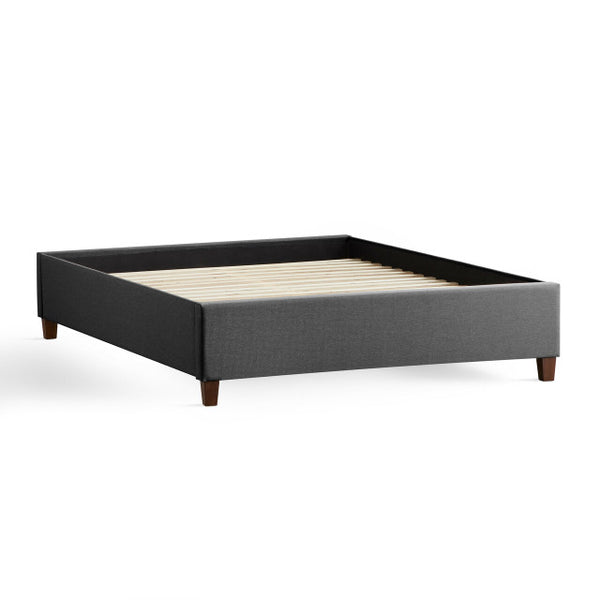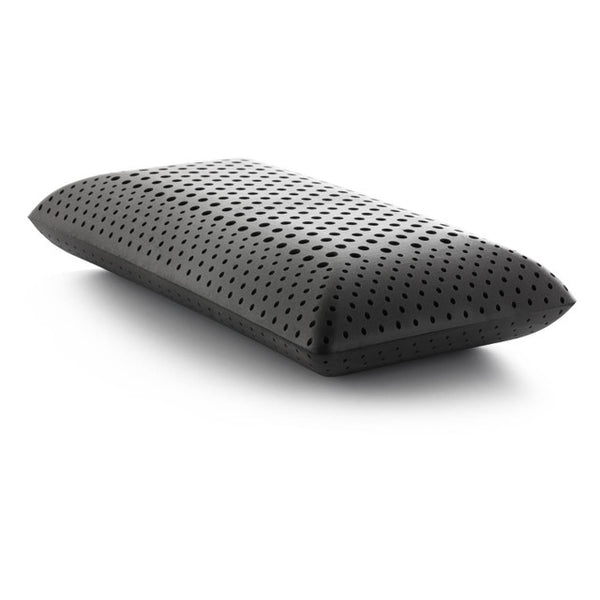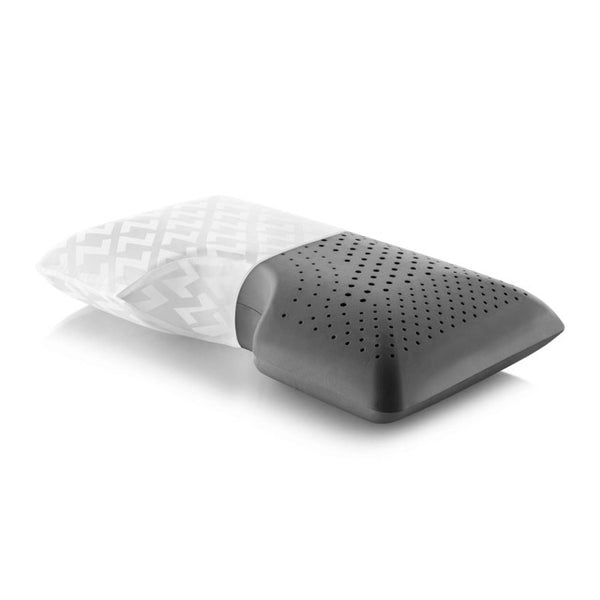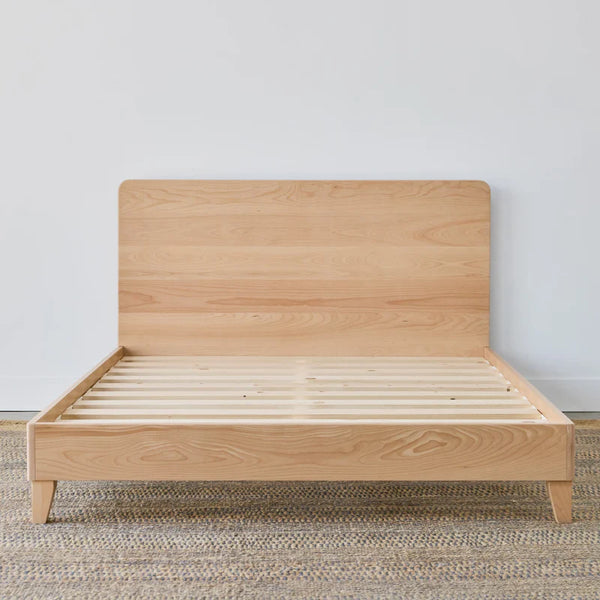
Frequently Asked Questions
1. Why is a good night's sleep important for health?
2. What are the different stages of sleep and their functions?
3. How does sleep quality affect physical and mental health?
4. What should I consider when choosing a mattress?
5. What is sleep hygiene and how can I improve it?
When it comes to achieving optimal health and well-being, the importance of a good night’s sleep cannot be overstated. The connection between sleep quality and overall health is backed by scientific research, revealing that a quality mattress can significantly influence how well we sleep. In this article, we will delve into the science of sleep, explore how a quality mattress can improve your health, and provide tips on selecting the perfect mattress for you.
The Biological Mechanisms of Sleep
Sleep is a complex biological process that involves multiple stages, each playing a vital role in our mental and physical health. During sleep, our bodies undergo repair and regeneration while our brains consolidate memories and detoxify. Understanding these biological mechanisms helps to highlight the necessity of quality sleep.
Sleep Stages and Their Functions
Sleep is divided into two main categories: REM (Rapid Eye Movement) and non-REM sleep, which further breaks down into three stages. Each stage fulfills different functions essential for a healthy lifestyle:
- Stage 1 (N1): This is the lightest stage of sleep, where you drift in and out of sleep. It typically lasts a few minutes and occurs as you transition from wakefulness.
- Stage 2 (N2): In this stage, your heart rate slows down, and your body temperature decreases, preparing you for deeper sleep. It accounts for about 50% of total sleep time.
- Stage 3 (N3): Also known as deep sleep, this stage is crucial for physical recovery and growth. During this time, the body repairs tissues, builds bone and muscle, and strengthens the immune system.
- REM Sleep: Occurring about 90 minutes after falling asleep, REM sleep is vital for cognitive functions like learning, memory consolidation, and emotional regulation.
The Impact of Sleep Quality on Health
Achieving quality sleep is essential for various aspects of health. Inadequate or disrupted sleep can lead to a host of ailments, affecting both physical and mental well-being. Here’s a closer look at some of the key health benefits linked to quality sleep:
Physical Well-Being
Quality sleep is fundamental for maintaining overall physical health. It plays a critical role in:
- Weight Management: Sleep deprivation has been linked to weight gain as it affects hormones that regulate hunger, leading to increased appetite.
- Heart Health: Consistent poor sleep can contribute to cardiovascular issues, including hypertension and heart disease.
- Immune Function: Adequate sleep strengthens the immune system, making you less susceptible to illness and infection.
Mental Health
The relationship between sleep and mental health is intricate. Quality sleep contributes to mental clarity, focus, and emotional stability. Here’s how:
- Reduced Stress: A good night’s sleep helps to lower stress hormones, leading to a more relaxed state during waking hours.
- Enhanced Cognitive Function: REM sleep significantly impacts memory and problem-solving abilities, improving overall cognitive performance.
- Emotional Regulation: Quality sleep is essential for processing emotions and coping with stressors, important factors in mental health.
The Role of a Quality Mattress
The bed plays a crucial role in ensuring that we experience restful sleep. The right mattress can directly impact the quality of sleep by providing support and comfort, allowing your body to rest and recover adequately.
Support and Comfort
A quality mattress is designed to provide the right support, aligning your spine and enhancing comfort levels. Consider these factors when evaluating mattress support:
- Firmness: Different people have unique preferences regarding mattress firmness. Optimal firmness provides support while allowing the body to sink slightly into the mattress for comfort.
- Material: Mattresses come in various materials, from memory foam to innerspring, each offering distinct benefits. Memory foam contours to your body, providing personalized support, while innerspring mattresses offer better air circulation.
- Motion Isolation: Quality mattresses have excellent motion isolation properties, preventing disturbances from your partner's movements during the night and allowing you to sleep without interruption.
Temperature Regulation
Temperature plays a significant role in sleep quality. A good mattress can help regulate body temperature, ensuring you remain comfortable throughout the night:
- Breathability: Look for mattresses with breathable materials that facilitate airflow and wick away moisture, keeping the sleeping environment conducive to rest.
- Cooling Technologies: Some mattresses incorporate cooling technologies that help to dissipate heat, maintaining an optimal sleeping temperature, especially for those who tend to sleep hot.
Choosing the Right Mattress for Your Sleep Needs
Finding the perfect mattress can feel overwhelming, given the vast array of options on the market. However, by understanding your specific sleep needs and preferences, you can make an informed decision that enhances your overall well-being.
Consider Your Sleeping Position
Your sleeping position plays a vital role in determining the type of mattress you need. Here’s how different sleeping positions influence your mattress selection:
- Side Sleepers: Side sleepers generally benefit from a softer mattress that cushions the shoulders and hips while providing support for the spine.
- Back Sleepers: A medium-firm mattress often provides the best support for back sleepers, ensuring proper alignment of the spine.
- Stomach Sleepers: Stomach sleepers typically need a firmer mattress to prevent the body from sinking too deeply, which can lead to back pain.
Assess Individual Preferences
Beyond sleeping position, consider personal factors such as:
- Allergies: If you have allergies, hypoallergenic materials can reduce allergens and improve sleep quality.
- Weight: Heavier individuals may require a mattress that offers more substantial support to prevent sagging, while lighter individuals might prefer softer options.
- Durability: Invest in a durable mattress that can withstand wear and tear over time, ensuring consistent support and comfort.
The Power of Sleep Hygiene
Improving sleep quality goes beyond selecting a quality mattress. Establishing good sleep hygiene is essential for promoting restful sleep patterns:
Creating a Sleep-Friendly Environment
Your sleeping environment can significantly influence sleep quality. Here are some tips to create a conducive atmosphere:
- Cool Temperature: Aim for a cool room temperature, ideally between 60-67°F (15-19°C), to facilitate comfortable sleep.
- Darkness: Use blackout curtains or a sleep mask to create a dark environment that signals to your body it's time to rest.
- Noise Control: Eliminate disruptive noise with earplugs or white noise machines to maintain an uninterrupted sleep cycle.
Maintaining a Regular Sleep Schedule
Consistency is key. Try to go to bed and wake up at the same time every day to help regulate your body's internal clock, optimizing your sleep quality.
Wrapping Up Your Sleep Journey
Investing in a quality mattress is one of the smartest decisions you can make for your health. With a firm understanding of the science of sleep and the influence a good mattress has on it, you are empowered to make informed choices for your well-being. Remember, peaceful, restorative sleep is a gateway to better health and happiness—so prioritize it! Start today by exploring your options for a high-quality mattress and embrace the benefits of restful nights!









